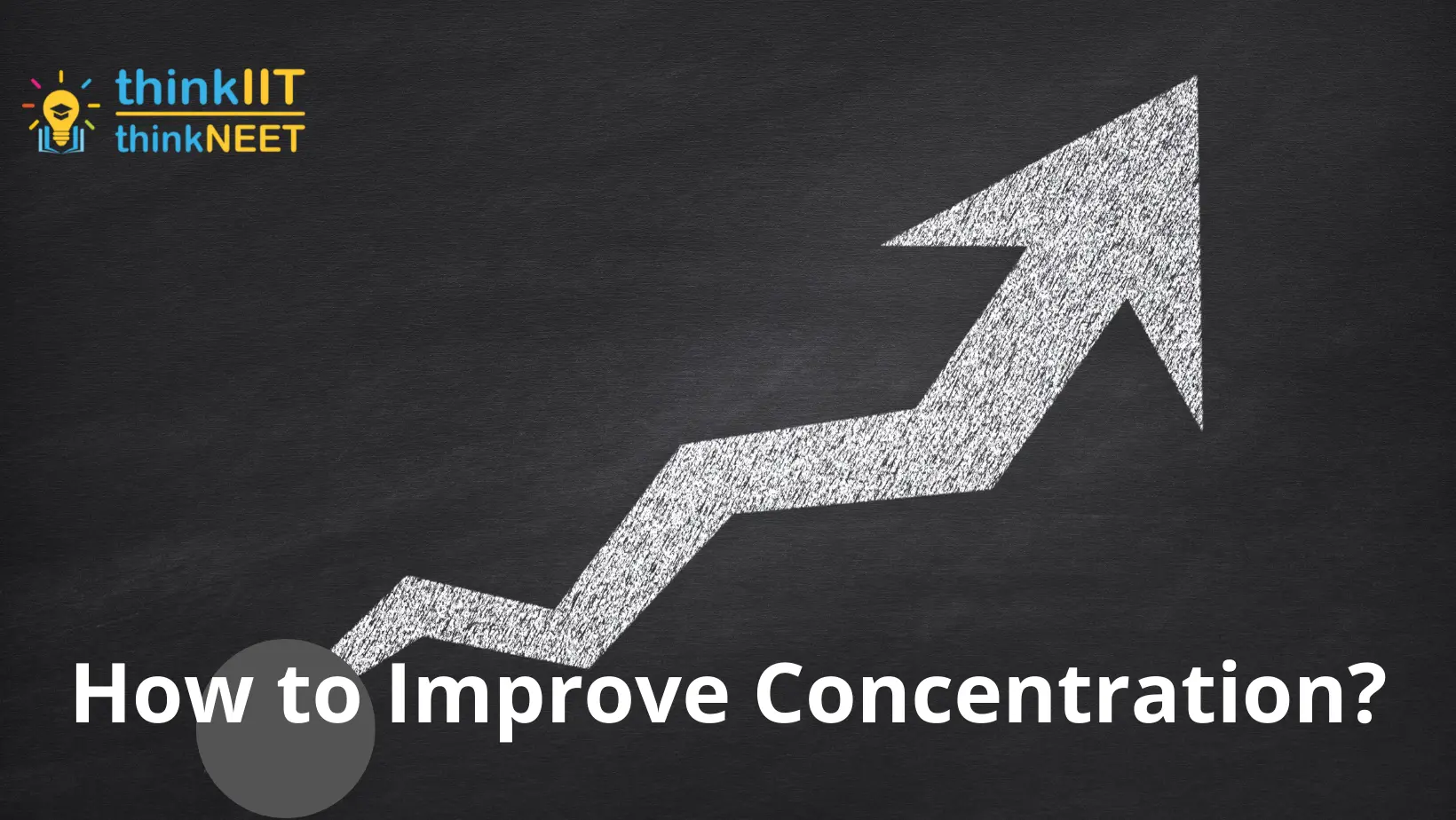Improve Concentration
Staying on task can be difficult, but it can be especially difficult when you are constantly distracted. Diversions are only a click away in today’s always-connected world.
Even in quiet moments, distraction is literally at your fingertips as you check your Instagram notifications or the most recent news updates. The ability to focus your attention and direct mental effort toward something in your environment is critical for learning new things, achieving goals, and performing well in a variety of situations.
Improving your mental focus is possible, but it is not always quick and simple. If it were easy, we’d all have the razor-sharp concentration of a top athlete. It will require significant effort on your part, and you may need to change some of your daily habits.
Here are some psychological tips and tricks to help you develop laser-like mental focus and improve concentration.
Foods that enhance your concentration:
As children, our parents always stressed the importance of including nuts in our diets to help with memory, retention, and concentration. Avocados and chocolates can also be used in the same way. Walnuts are said to improve performance on cognitive function tests, such as those that assess information processing speed, memory, and concentration. Walnuts are said to be high in alpha-linolenic acid, a type of omega-3 fatty acid found in plants.
They also have the improve concentration of polyphenolic compounds of any nut. Both omega-3 fatty acids and polyphenols are thought to be important brain foods because they help to reduce stress and inflammation, which are two major causes of cognitive decline and lapses in improve concentration.
Take short breaks between studies:
When you devote a significant amount of time to studying something, your concentration may begin to wane over time. Researchers have discovered that our brains tend to ignore sources of constant stimulation over time. Taking very short breaks and refocusing your attention elsewhere can improve concentration significantly. You can simply walk around, talk to someone, or switch to a different task. You will return with a much sharper and more focused mind, allowing you to maintain your high level of performance.
Regular exercise to improve concentration:
Various studies have found that people who participate in sports perform better on cognitive tasks than those who are in poor physical health. Yoga may also improve energy levels and brain function significantly. Daily meditation practice has been shown to increase brain regions associated with goal-directed behaviour and allow people to focus more easily on routine tasks.
Put a lock on social media:
If checking Facebook or Instagram every 5 minutes is your idea of a break from work, you should think about using a social media blocking app.
There are a variety of apps available for your phone, tablet, or computer. Aside from social media, some of these distraction-busting apps allow you to block online games, apps and websites such as YouTube, Netflix, Amazon, Twitter, text messages, and even emails.
Get enough sleep to improve Concentration
It’s no secret that the majority of Americans struggle with sleep. While a few nights of no sleep are acceptable, not getting enough sleep most nights of the week can harm your short and long-term memory, as well as your ability to concentrate.
For adults aged 18 to 60, the recommended amount of sleep is 7 hours or more per night. Older adults may require up to 9 hours of sleep per night.
Limit Your Focus:
While multitasking may appear to be an excellent way to get a lot done quickly, it turns out that people are quite bad at it. Juggling multiple tasks at once reduces productivity and makes it difficult to focus on the truly important details.
Consider your attention to be a spotlight. When you shine that spotlight on a specific area, you can see everything very clearly. If you tried to spread the same amount of light across a large dark room, you might only see shadowy outlines.
Making the most of the resources available to you is an important part of improving your mental focus. Stop multitasking and instead concentrate on one thing at a time.
Live in the Moment:
It’s difficult to maintain mental focus when you’re ruminating on the past, worrying about the future, or otherwise tuned out of the present moment. You’ve probably heard about the significance of “being present.” It all comes down to putting distractions aside, whether they are physical (your phone) or psychological (your anxieties), and being fully mentally engaged in the present moment.
This concept of being present is also important for regaining mental focus. Staying engaged in the present moment keeps your attention sharp and your mental resources focused on the details that truly matter at a given time.
Spend time in nature:
If you want to improve your concentration naturally, try to spend at least 15 to 20 minutes outside every day. You could go for a short walk through a park. Sitting in your garden or backyard can also be beneficial. Any natural environment has advantages. Natural environments have a growing positive impact, according to scientific evidence. According to 2014Trusted Source research, including plants in office spaces improve concentration and productivity, as well as workplace satisfaction and air quality.
Try adding a plant or two to your workspace or home for a variety of advantages. If you don’t have a green thumb, succulents are excellent low-maintenance plants.
Give meditation a try:
Meditation and mindfulness practice can provide numerous advantages. One of these is improve concentration. A look back in 2013. A reputable source of 23 studies discovered evidence that mindfulness training that emphasises attention focus could help increase attention and focus. Mindfulness can also help with memory and other cognitive skills.
Meditation is more than just sitting quietly with your eyes closed. Meditation can be aided by yoga, deep breathing, and a variety of other activities.
Listen to music:
Playing music while working or studying may aid concentration. Even if you dislike listening to music while working, using nature sounds or white noise to mask background noises may improve concentration and other brain functions, according to research.
The type of music you listen to can have an impact. Experts generally agree that classical music, particularly baroque classical music or nature sounds can help you focus.
Conclusion:
Some methods for improve concentration may work well for you, while others may not. Consider trying a variety of approaches to see what works best for you. Certain methods, such as brain training, continue to be debated by experts. However, existing evidence suggests that most of these tips can help many people improve their concentration.
Furthermore, these suggestions are unlikely to impair concentration or cause other harm, so giving them a try should have no negative consequences.
Improve Concentration Powered By thinkIIT




